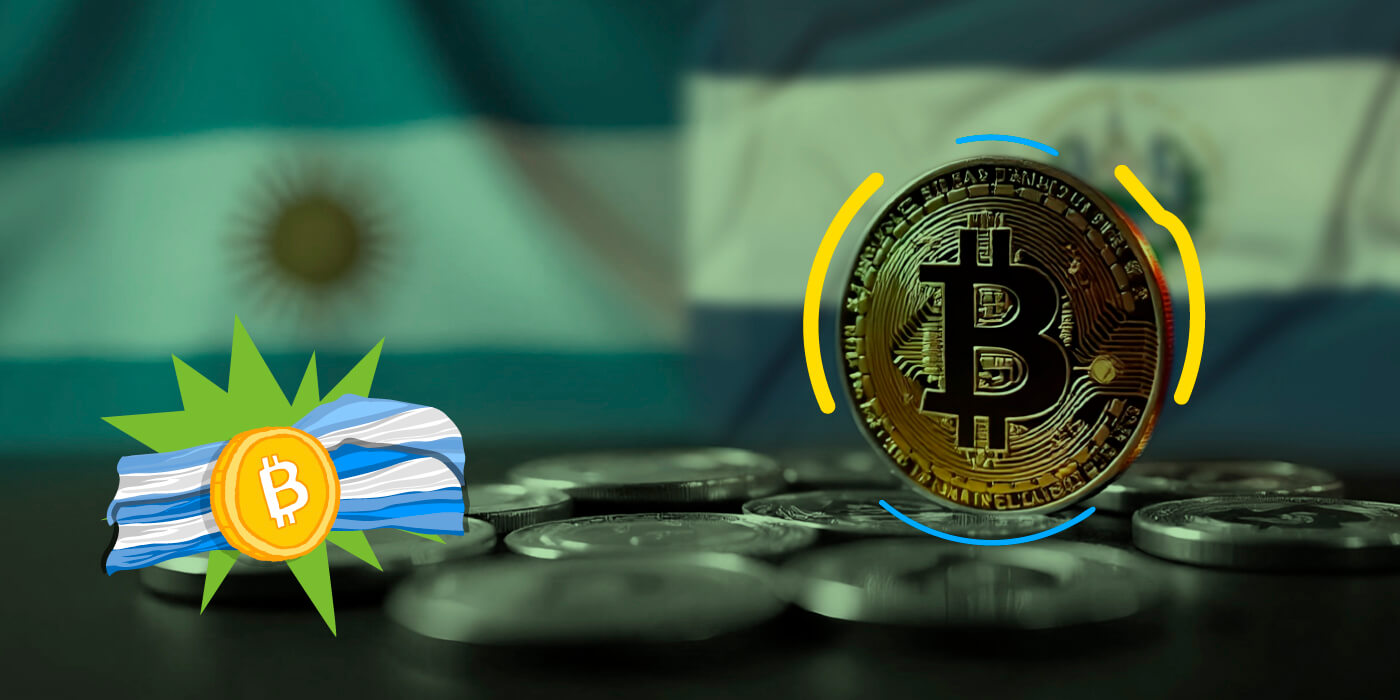Intro
Crisis de los Bancos Centrales has caused a reevaluation of the global financial system, which has relied on central banks for decades. These organizations, which control the money supply and economic policies, have been crucial to the stability and growth of many economies. However, recent events in Japan have reignited the debate over whether central banks are truly beneficial or whether, on the contrary, their interventions can do more harm than good. In this article, we will analyze how the actions of the Bank of Japan’s policies have generated a new argument in favour of eliminating central banks.
Monetary Policy in Japan: A Case Study
Interventions and Disturbances
The Bank of Japan (BoJ) has implemented aggressive monetary policies over the past few decades to combat deflation and stimulate economic growth. Such strategies include manipulating interest rates, which have been brought to near-zero or even negative levels, and the massive purchase of government bonds and other financial assets.These measures have created significant imbalances both in the Japanese economy and in international markets. Manipulating interest rates has created an environment where capital is very inexpensive, leading to overborrowing and inflated asset prices. At the same time, the BoJ’s policies have contributed to the weakening of the yen, which has had repercussions on global trade and international economic relations.

Unforeseen Outcomes
The constant intervention of the Bank of Japan in the markets has led to several unforeseen consequences. First, it has created a dangerous dependence on monetary stimulus, making it difficult to normalize economic policy without causing an economic shock. Additionally, the massive creation of money has generated internal inflation, something the BoJ initially tried to avoid.
In the worldwide context, the BoJ’s actions have generated conflict with other countries, especially those whose currencies have been affected by the decline of the yen. This situation has led to increased volatility in global financial markets and raised concerns about the future stability of the international financial system.

An Argument for Decentralized Monetary Systems
Cryptocurrency and a Rules-Based Economy
Considering the situation, the question arises: is there a better way to handle the economy without constant central bank intervention? This is where the idea of an economy based on set rules comes into play, as proposed by Bitcoin and other distributed digital currencies. Bitcoin, is not subject to influence by any nation or central bank. Its supply is limited by a system that cannot be altered, eliminating the risk of inflation caused by indiscriminate money creation. Furthermore, Bitcoin operates in a open and auditable system, providing security and trust to its users.
Benefits of Decentralization
The implementation of a distributed monetary system could offer several benefits compared to the traditional central bank model. First, eliminating government intervention in the economy could reduce market distortions and bubbles, creating a more stable and reliable environment for markets. Moreover, a system based on Bitcoin or other cryptocurrencies could increase economic freedom by allowing individuals and businesses to choose the currency that best suits their needs without the influence of government monetary policies. This could foster greater advancement and competition in the financial sector, which in turn could generate more enduring and balanced economic growth.
Final Thoughts
Japan’s case and its monetary authority offer a powerful argument for reconsidering the role of central banks in the global economy. Assertive monetary policies and constant interventions have generated significant distortions, both nationally and internationally, that could have been avoided in a system based on consistent and decentralized rules.
As global challenges persist, to face economic and financial challenges, it is crucial to explore alternatives to the current system. Bitcoin and other blockchain-based assets offer a vision of a future where the economy is not subject to the manipulation of central institutions but governed by open and just principles. Although the transition to a distributed system will not be easy or quick, recent events in Japan suggest that it is a debate worth having.
The removal of central banks is not a proposal without opposition, but as we have seen, there are strong arguments to consider it. As we move further into the 21st century, we may witness a shift toward more non-centralized and resilient financial systems, which could mark the beginning of a new phase in global economic history.








